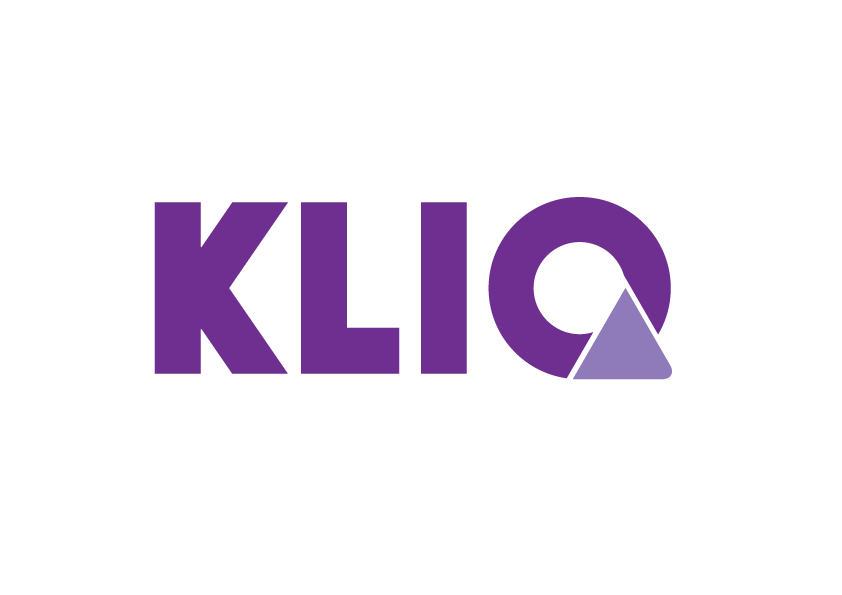EU legal frameworks against discrimination at work
There are a number of European legal frameworks that prohibit discrimination at work. These European legal frameworks have subsequently been transposed into national laws. We do not discuss these frameworks in depth in this module, but list them so that you are aware of them, and maybe look them up and find out more.
Directive 89/391/EEC
This directive concerns the adoption of measures to improve the health and safety of workers. This includes all work-related aspects, including employees’ mental health.
Special attention should be paid to the most vulnerable groups. This directive already highlights potential vulnerabilities in certain groups that should be taken into account.
Directive 2000/43/EC
This directive concerns the equal treatment between persons irrespective of racial or ethnic origin. This directive covers several areas, including employment and occupation.
Directive 2000/78/EC
This directive deals with equal treatment in employment and occupation and prohibits discrimination based on religion or beliefs, disability, age or sexual orientation.
Directive 2006/54/EC
This directive deals with equal opportunities and equal treatment of men and women in matters of employment and occupation. This directive also protects against discrimination arising from the gender reassignment of a person.
European legislation therefore prohibits discrimination at work based on six grounds;
- age,
- gender,
- disability,
- ethnic or racial background,
- beliefs,
- and sexual orientation.
European legislation therefore provides a form of protection based on the above criteria for employees in the European Union. Employers may not discriminate and amployees have the right not to be discriminated against.
